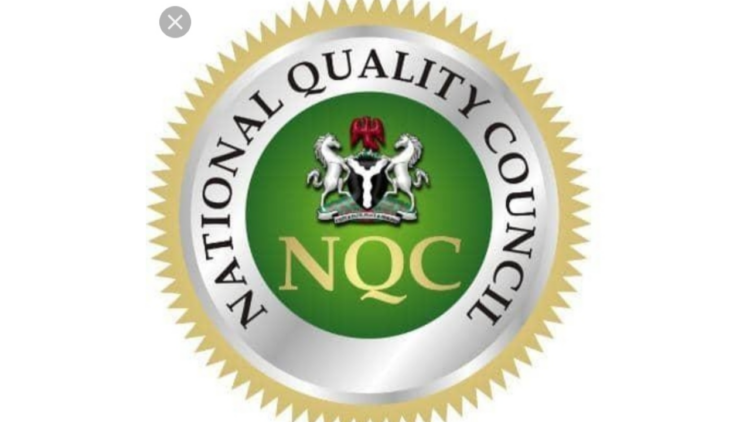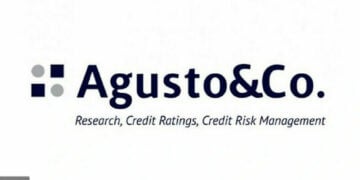In a determined move to combat Nigeria’s persistent challenges with export rejections, the National Quality Council (NQC) is gearing up for an extensive evaluation of Nigeria’s National Quality Infrastructure (NQI) through a comprehensive gap analysis.
At the heart of the NQC’s mission is the thorough assessment of laboratories across the nation, whether they are government-operated or privately owned. This evaluation encompasses critical factors like international testing capacity, accreditation status, and the global recognition of their results – all essential for aligning Nigeria with the rigorous standards set by the African Continental Free Trade Area (AfCTA).
Chairman/chief executive of the NQC, Dr. Osita Aboloma, made this announcement in Abuja, emphasising that their goal is to collect data from every laboratory in Nigeria, sparing none.
“This data will serve as the cornerstone for our government recommendations, covering short-term, medium-term, and long-term strategies. Our ultimate aim is to bolster trade and commerce within Nigeria and neighbouring nations, thereby creating employment opportunities for Nigerians,” he stated.
Nigeria has grappled with the rejection of its exports on the global stage, often due to concerns about product quality, sanitary conditions, and compliance with international standards. These rejections have not only inflicted substantial economic losses but have also tarnished the country’s reputation as a reliable trade partner.
Aboloma highlighted that the NQC’s strategy revolves around fostering collaboration throughout the entire production chain. He stressed that these collaborative efforts primarily target short and medium-term objectives, and the NQC’s long-term vision includes guiding the government in harmonising the laws governing key organisations such as SON, NAFDAC, and the Federal Competition and Consumer Protection Commission (FCCPC).
He continued, “This harmonisation will enable these entities to adopt diverse approaches while maintaining a shared commitment to achieving quality objectives,” he stated.
Regarding President Bola Tinubu’s recent declaration of a state of emergency on food security in Nigeria, Aboloma explained that it has put the NQC in the spotlight regarding its role in achieving sustainable food security.
He stated that the NQC’s comprehensive approach, including collaboration with NEPC, SON, and NAFDAC, extends beyond product quality and encompasses cultivation, harvesting, and storage practices. This holistic strategy aims to ensure food availability and enhance the overall quality of agricultural products.
Aboloma concluded by saying that by addressing the quality gaps that have persistently plagued the country’s exports, fostering collaboration, and empowering the private sector, the NQC envisions a future for Nigeria marked by economic growth, job creation, and a strong presence in the competitive global trade arena.
He maintained that this determined effort signifies more than just procedural adjustments; it represents a strategic initiative aimed at revitalising Nigeria’s economic prospects, rebuilding trust in Nigerian products, and securing a robust presence in the competitive global trade arena.











